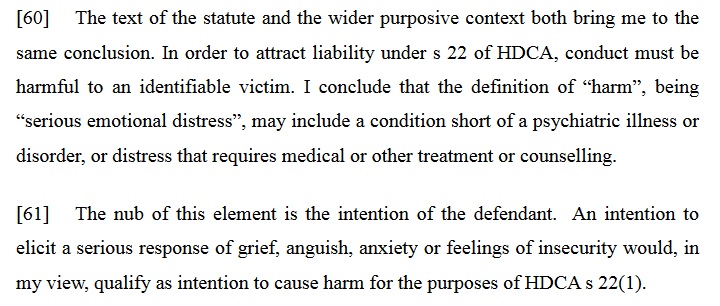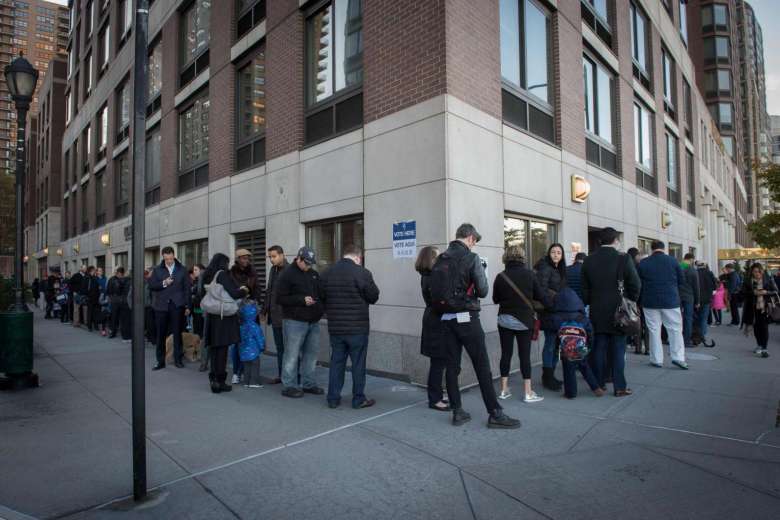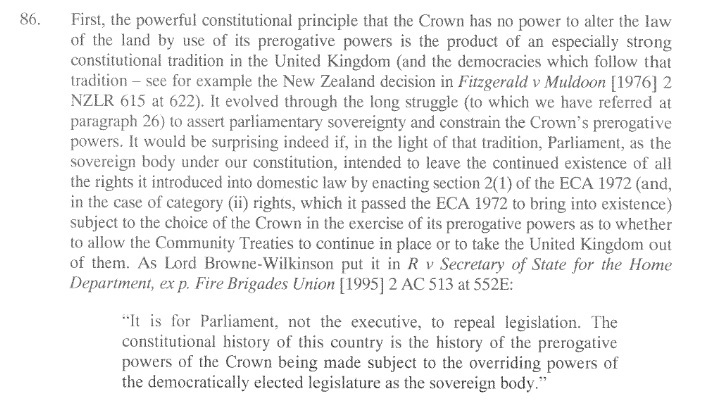Parliament is currently holding a select committee inquiry into death with dignity. Public opinion seems to support it. But the Prime Minister has pre-emptively ruled out acting on the committee's recommendations:
There is zero chance of Government introducing legislation to legalise euthanasia even if an inquiry strongly recommends it, Prime Minister John Key says.
A select committee is part-way through a major inquiry on public attitudes to euthanasia in New Zealand, and is considering more than 20,000 public submissions and holding hearings around the country.
Key said today that regardless of the committee's conclusions and the level of public support, the Government would not propose a change.
"There is no chance of it being a Government bill," Key told reporters at Parliament this morning.
And he's quite clear about the reason: he has bigots in his caucus - bigots named Bill English and Gerry Brownlee - who he feels a need to pander to. But Key isn't alone in this chickenshittery: here's Labour's Andrew Little, displaying his usual spine of jelly:
Leader Andrew Little said the Government should "at least" allow a euthanasia bill to come before the House so a debate could take place.
However, he said a law change would not be a priority for a Labour-led Government.
He would personally support the legalisation of euthanasia if it had the same safeguards as former MP Maryan Street's proposed bill.
So,he supports it, would vote for it, but wouldn't put up a bill. Because he too has bigots he needs to pander to.
There is almost certainly a majority in Parliament this time to pass such a bill. There's definitely public support. And yet, our two major political parties just don't want to go near it, because bigots will criticise them. And they're
afraid of that rather than welcoming it as a sign of what they're against. Next, no doubt, they'll offer a (non-binding, of course) "plebiscite".
And people wonder why I have such contempt for the establishment parties: because of this. Because we have a duopoly of chickenshits, who have to be dragged kicking and screaming to doing the right thing. Marriage equality, child beating, and now death with dignity. The sooner these political dinosaurs are eradicated, the better.








